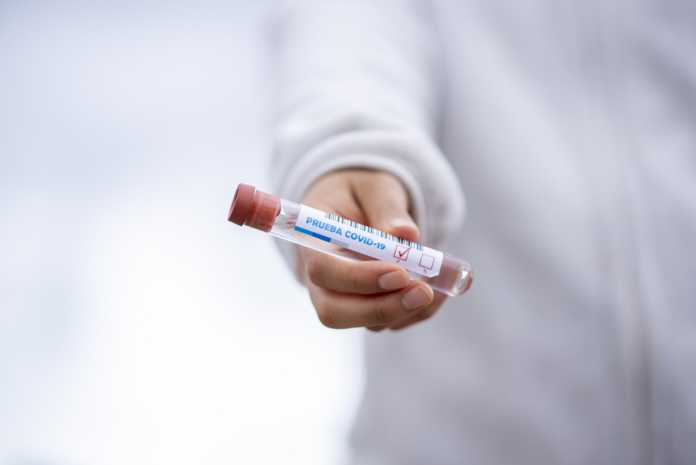Staff and students at NUIG are being urged to volunteer for a rapid testing pilot programme to track and control COVID-19 in universities.
The UniCoV will conduct a large scale analysis of different testing technologies for COVID-19, such as rapid antigen testing, saliva-based PCR testing, and wastewater surveillance.
The results of this project are meant to help develop early warning systems for any future outbreaks on campuses.
Staff and students can enroll across four universities – NUI Galway, Trinity College Dublin, University College Dublin and University College Cork.
Director of Public Health, HSE West Breda Smyth said “Students in Ireland have shown significant resilience in adapting to the challenges that COVID-19 has created.”
“However, evidence suggests both in Ireland and internationally this is not without adverse effects including reduction in academic performance, social isolation and deteriorating mental health and wellbeing.”
“UniCoV will inform surveillance systems to support the provision of safe campus environments and provide evidence to facilitate return to campus activity for staff and students in further and higher education institutes.”
Testing volunteers will provide saliva samples twice a week and drop them off at on-campus collection points. These samples will go through PCR or LAMP testing.
On the same day, those volunteers will take a self-administered rapid nasal swab antigen test, and upload a photo of their result from their phone to the secure unicov.org website
The UniCoV study will also include wastewater monitoring, with samples taken from the campus system, and analyses for the presence of Sars-Cov-2.
A live dashboard will provide anonymised aggregate information about each campus’ results.
Minister for Higher Education Simon Harris said that rapid testing may be an important part of the plan for a safe return to on-campus education at colleges and universities.
“This pilot project will help us learn more about different types of tests, how effective they are and if they can or should be used in higher education settings.”
“None of these replace the public health advice but could be additional weapons in our fight against COVID-19.”
Over 8,000 people are expected to take part in the study, and staff and students are being encouraged to signup.











